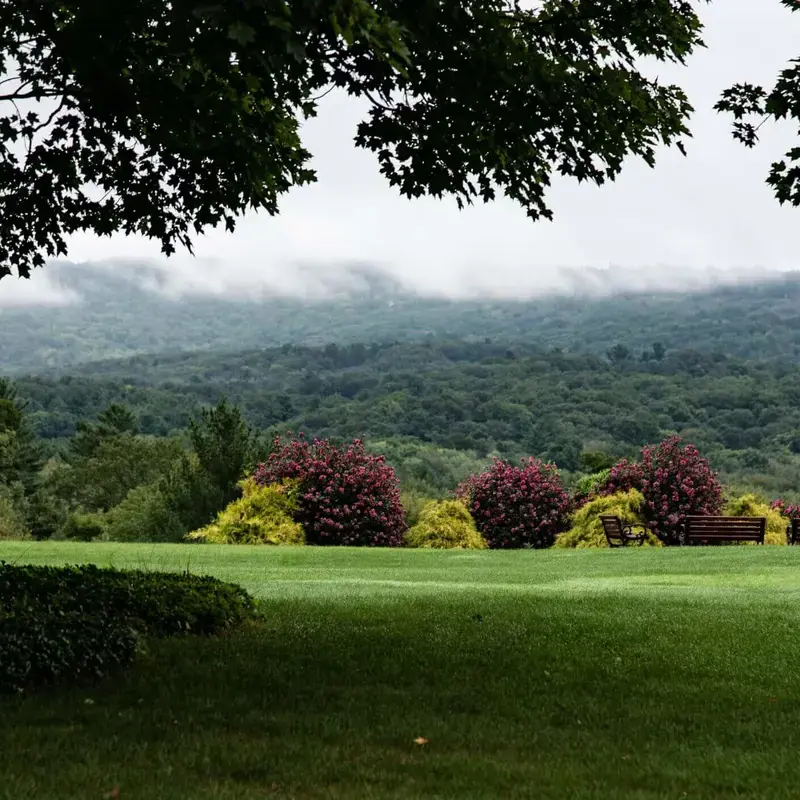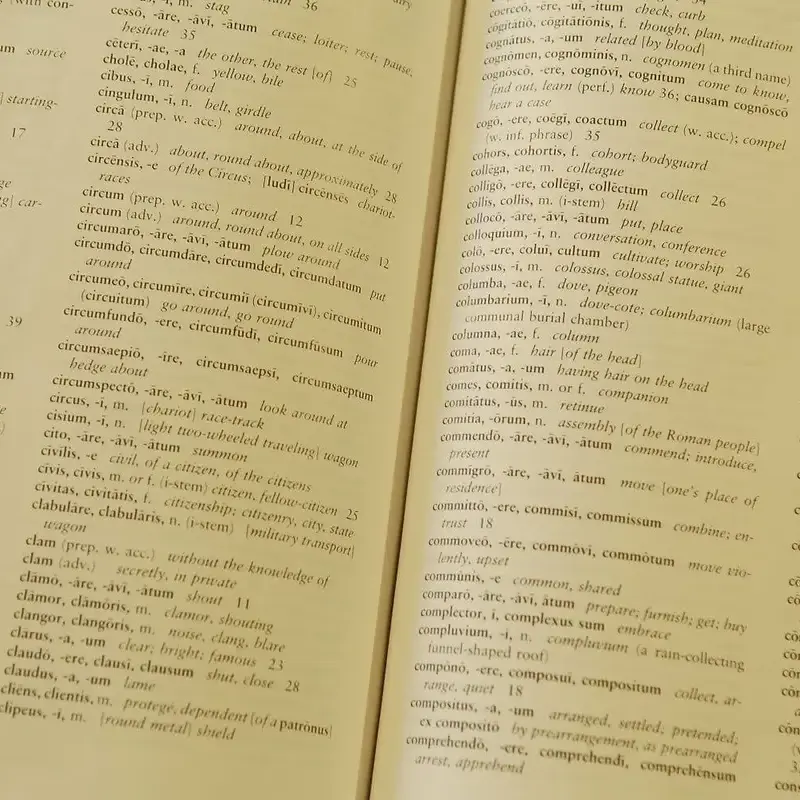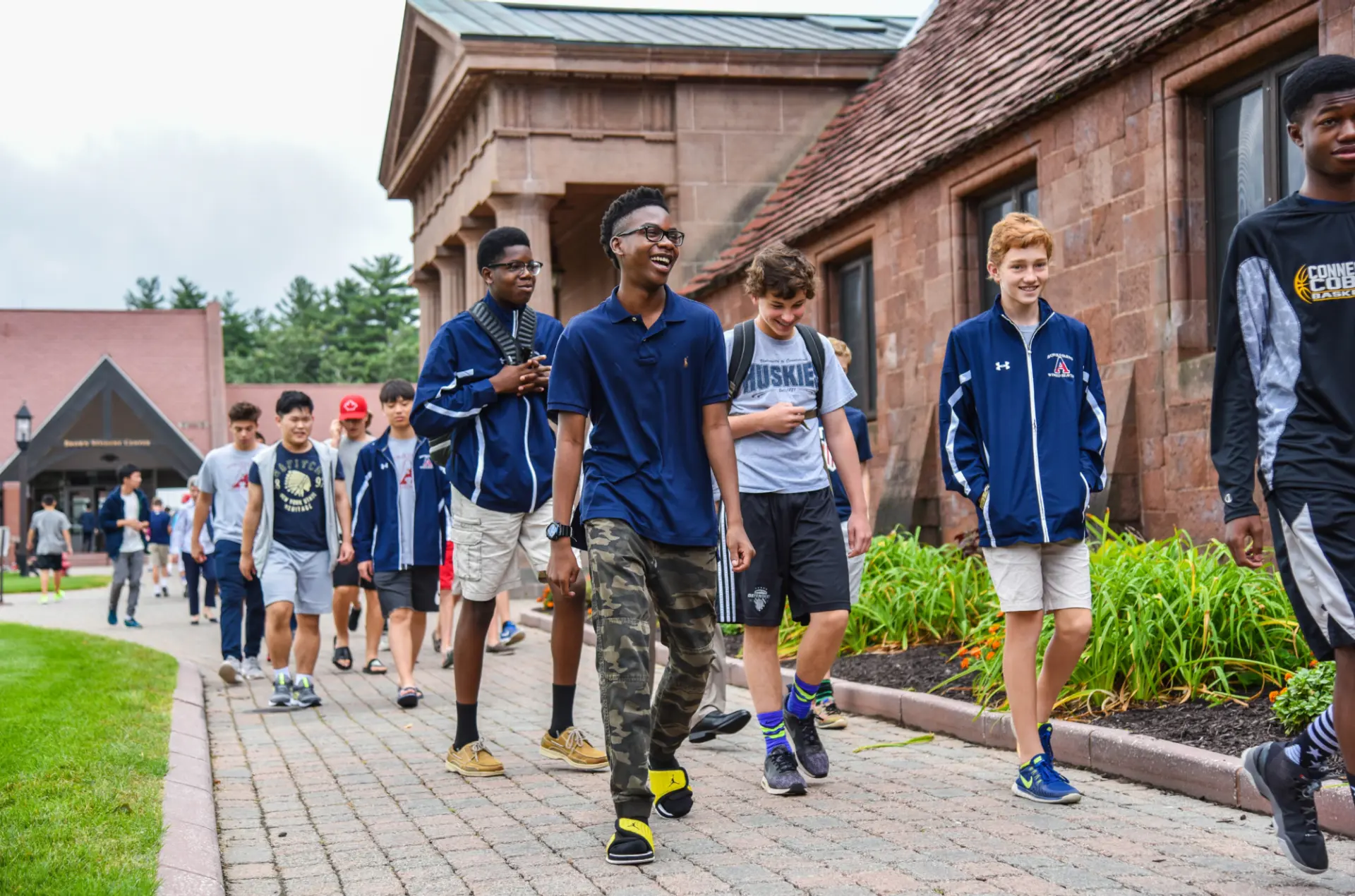Writing Tools
Click on the links below to jump to Avon Old Farms' writing tools:
Citation Aides
A bibliography is an alphabetized list providing information about resources used or consulted while preparing a paper or project. The purpose of the bibliography is to attribute unoriginal ideas to their proper sources - and to help the reader locate and utilize those sources. (Education Week)
Styles:
Bibliographic tools:
- Easybib - A free internet tool to help you create bibliographies: www.Easybib.com
- Noodletools - Create a personal account with username and password. Several style choices are available and help for each kind of citation. Access from the link or from your Google Drive suite of apps: www.Noodletools.com
Guides:
Plagiarism:
Research Help
Online Reference Tools:
Online Dictionaries, Thesauri, Grammar:
MISC Online reference tools:
Research Process
| A. Choose a topic |
|
What do you want to know about? What interests you?
- Develop your own questions about the subject.
- Produce some interesting information about something, do not just repeat information – this aids in preventing inadvertent plagiarism.
|
| B. Find background information |
- Do a general search using the OPAC (Online Public Access Catalog at Avon Old Farms is called FarmCAT) in the library for print sources and a variety of search engines on the Web and see what the results are. Perhaps a topic directory might help you find an interesting subject to pursue.
- Are there any general resources that point in a direction? Any recommended links?
- Online encyclopedias all have link suggestions that are subject specific.
- Do they suggest any keywords, names, dates, or related organizations you had not thought about?
- Is there a bibliography that could point you in a direction?
Some great screened sources:
- Yahoo Topic Directory - great topic index that is human generated: www.yahoo.com
- LookSmart - www.looksmart.com
|
| C. Refine a topic |
Narrow the subject
- Consider your personal interest and the availability of information.
- Exactly what question(s) do I want to answer? Make a list of options. Develop keywords – list for searches using boolean operators, think carefully and thoroughly.
|
| D. Select resources |
|
What would be the best resources for this type of material? Think about the resources available to you:
- Books – nonfiction and fiction
- Reference Books – we have an excellent reference section – selected to fulfill your assignments
- Databases provided by the school
- Internet searches – specific search engines or websites (human selected vs robotic selection)
- Journals – ( mostly serious research oriented articles written by professors and other researchers for readers who already know something about the topic – bibliography included),
- Magazines
- Newspapers – current and historical – national & international
- Public or corporate databases you may have available
- What are your requirements for sources?
|
| E. Search for information |
- For internet searching, use SuperSearch Mega Search Engine.
- Do not waste your time wandering – give yourself a limit then ask for help
- Review the databases available – See Electronic Resources page of this website. Search those for pertinent material at school and public libraries Determine what is relevant or subject specific.
|
| F. Evaluate resources |
|
Review results of what you have collected to see if you are done:
- Quantity of resources needed – Type required
- Diversity – primary & secondary viewpoints covered
- Scope – depth of coverage, arrangement of material, currency, consistency
- Merit – quality, validity, author’s expertise, content, tone intended audience, authority
- How happy am I with what I have found – do I need more? Of a different type or along a similar vein… where can I go to get that information?
- Have I excluded anything or area of coverage that is important?
- Check the bibliographies of articles or books covered for ideas of resources
- Am I frustrated with the results? How do I change the topic or search strategy to locate what I need?
- Have I written parts and find there is something else I need additionally? Exactly what do I need?
Specifically Evaluate the web resources you have:
- Who is the authority of the information?
- Who created the site?
- What are their credentials?
- What organization is this affiliated with?
- What is the domain (edu mil gov com net)?
- Is there a ~ which means this is a personal page- if so, how far back can you go to check for validity?
- Have you done a search on the creators of the page to find additional information to perhaps show that the author is an expert?
- Who links to this page? In a search engine type in link: and the url to find out.
- Is there a bias?
- Are there citations?
- What is the last date the site was updated?
- Is the information useful in answering your question?
|
| G. Cite resources |
- Remember, different formats require different data – keep track of your material
- Note databases retrieved from, date accessed, URL
- When in doubt cite everything !
- Keep printed copies in a folder for verification if need be
- Photocopy both sides of the title page of a book or reference book with publisher/publication information to save yourself headaches
- *** If you are not sure what constitutes plagiarism see this site: How Not to Plagiarize
- Reframing others ideas is still plagiarism
- Use the free bibliographic tools: www.EASYbib.com creates bibliographies for you in both MLA and APA style – very easy and useful and timesaving
- See the Citation Aides page of this website for other resources
Remember, some resources have a “how to cite this source” notation at the bottom of the article; print it!! |
** The above from Duke University suggested steps for research.
Websites
Boolean Logic – tools to improve your searching skills online
- Use “Quotation Marks” for phrase searches: “global warming” looks for entire phrase
- AND/+ two or more words that must appear: renaissance AND Sculpture +renaissance +sculpture
- NOT/- excludes words: Python NOT Monty Cowboys NOT Dallas
- OR broader net—President Clinton OR Bill Clinton
- NEAR words that appears within 10 words– constitution NEAR electoral college Nested parenthesis ( ) Canton NEAR (Ohio OR OH)
- Wild Cards *? Look for variations of *Medic references medicine, medical, medication etc.
- Stop Words are common words and are ignored. To insure considered use, use in quotations “to be or not to be” Portland NEAR “OR”
- Word order is important
Baxter Library's Online Card Catalog
FARMCAT








